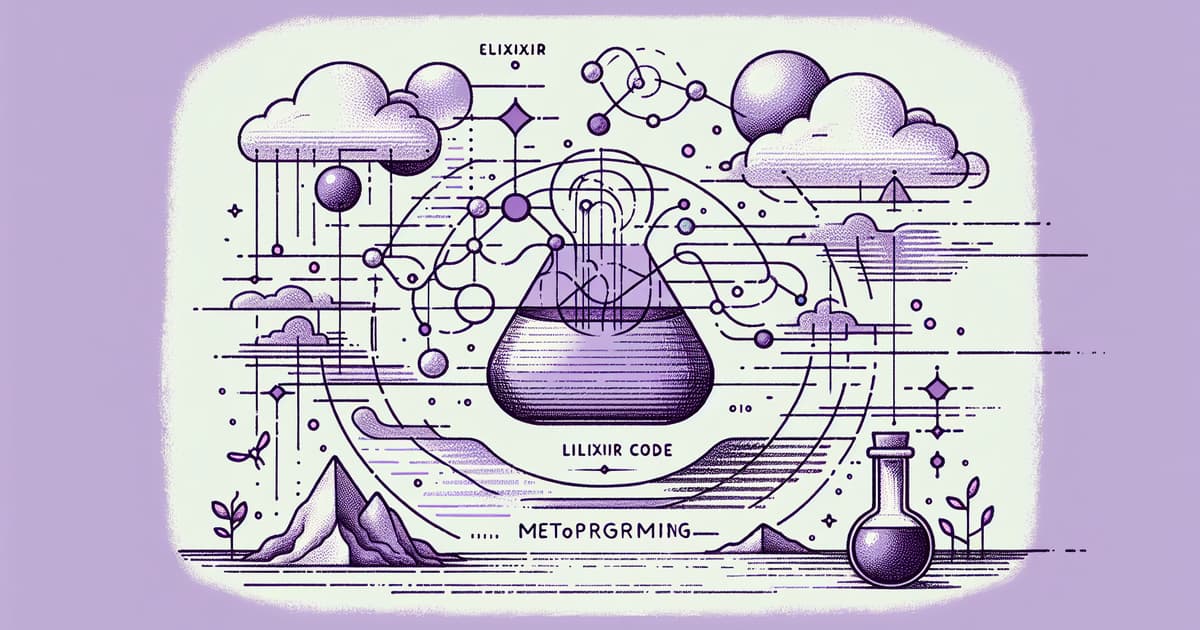We can't find the internet
Attempting to reconnect
Something went wrong!
Hang in there while we get back on track
Data Management Strategies in Elixir Applications
243
clicks

Source: youtube.com
Alex Peachey provides an insightful analysis on integrating application state directly within Elixir apps, driven by the need for rapid data access. Initially, Versus Systems used a stateless Ruby model with a Postgres database, which was not performant enough. The shift to Elixir offered the advantages of in-application state management. Peachey elaborates on using GenServer, ETS, and Mnesia to handle state. GenServer is beneficial for its simplicity but is constrained to a single node, creating potential bottlenecks and data loss without persistence. ETS provides non-blocking reads and is faster, but shares the single-node limitation and also lacks persistence. Mnesia, an Erlang solution that integrates well with Elixir, addresses these issues. It's a distributed management database system that supports fault tolerance, data replication across nodes, and operates in both RAM and disk. This offers permanence, even after restarts, and easy reconfiguration. Although Mnesia presents a learning curve, given it uses Erlang, it promises to address many performance bottlenecks and scalability concerns.
Related posts
© HashMerge 2026


